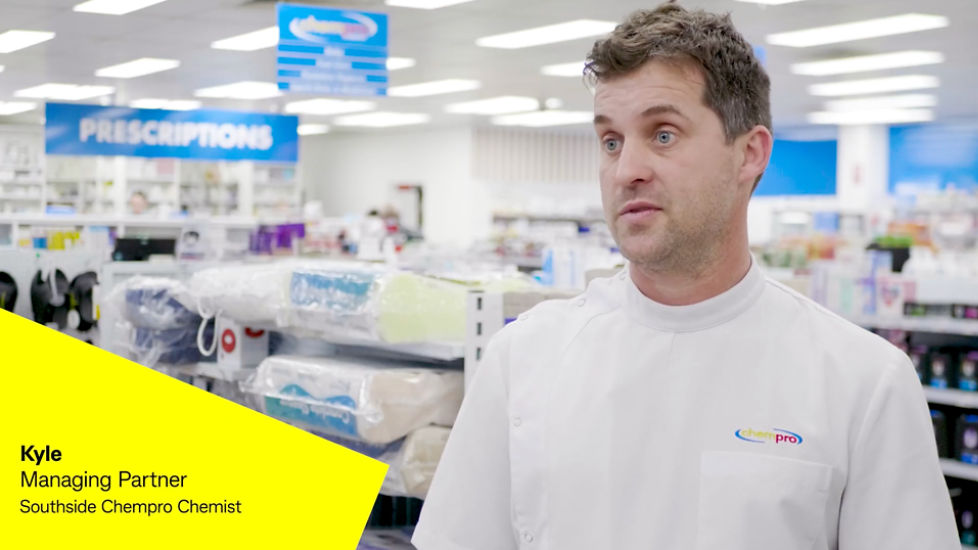Over the past 20 years, City Fertility has expanded its operations exponentially. What started out as a one-doctor, one-scientist operation in Queensland is today one of Australia’s leading IVF and fertility service providers.
With more than 10 per cent market share, the group, which has a partnership with CHA Medical Group, has its sights set on domestic and international expansion.
According to Adnan Catakovic, City Fertility’s co-founder, Scientific Director and Managing Partner, the group has made the journey from a boutique player into a sophisticated corporate operation.
Amid this expansion, the group was able to successfully and deliberately avoid the pitfalls of Australia’s busier, larger clinics. Instead, City Fertility’s individual clinic sizes continue to be ‘well controlled’ as patient volumes increase, with new locations at the ready if, and when, capacity is reached.
“In Brisbane, for example, we noticed that 40 per cent of our patients were coming from southern Brisbane, so we branched off and built a Sunnybank clinic,” Mr Catakovic notes.
"We are focused on keeping the patient experience as non-corporate as possible, so we tread a fine line between running an efficient business and ensuring patients don’t feel like just another number."
A paradigm shift for patient preferences
The team at City Fertility firmly believe that optionality is crucial to positive patient experiences and interactions at each touchpoint on the journey must meet with the highest standards.
Mr Catakovic believes that traditional touchpoints are the easy part, and by this he means having highly trained practitioners, nurses and ‘experienced scientists on hand who know how to successfully create a human embryo’.
The greater challenge lies in providing convenient options when it comes to interactions with clinics that address individual preferences.
“Some patients don’t have time to come in, want a Telehealth consultation, or prefer a text over a phone call,” he explains.
With more and more patients pushing for a seamless assisted fertility experience, City Fertility has implemented patient-friendly apps and online portals to assist them in serving themselves.
Mr Catakovic says this is part of a paradigm shift that tests long-held beliefs that people want to talk and digital options are impersonal.
“It’s one of those old conundrums across generations. A 20-year-old patient may consider a text highly personal, our staff may not. Even where timing is crucial, for example, a trigger time to take an injection for a patient’s egg collection, many want a message to remind them. If they have a problem, they will call us."
New frontiers for data and technology
In line with data and technology development, which is such a big part of the modern world, City Fertility has developed its own software that assists in the groups’ whole of system function.
Developing it in-house has allowed the group to remain agile and create efficiencies in areas like processing patients or monitoring lab consumables.
"The reality is our world is getting more complicated and fastmoving with every day that goes by, and while our database is the hub of our operation, we also integrate third-party software," Mr Catakovic adds.
“It spans everything from banking to supplier systems. Pathology is a great example, where patients’ pathology results are seamlessly uploaded into the doctor’s portal for ease of transparency.”
Mr Catakovic admits that he’s been digitally obsessed since day one, writing software from the outset.
What this means is that over the past 20 years City Fertility has collected de-identified data for treatments and outcomes across every patient.
“I have no doubt we will be able to write an algorithm that will parse this data and tell us about the best approach for a patient based on their profile.”
In an exciting new development, City Fertility is currently using an AI-led technology called CHLOE, which was developed by Israeli health tech company Fairtility.
“It’s helping the team select the best embryos and at the same time providing patient comfort,” he says.




